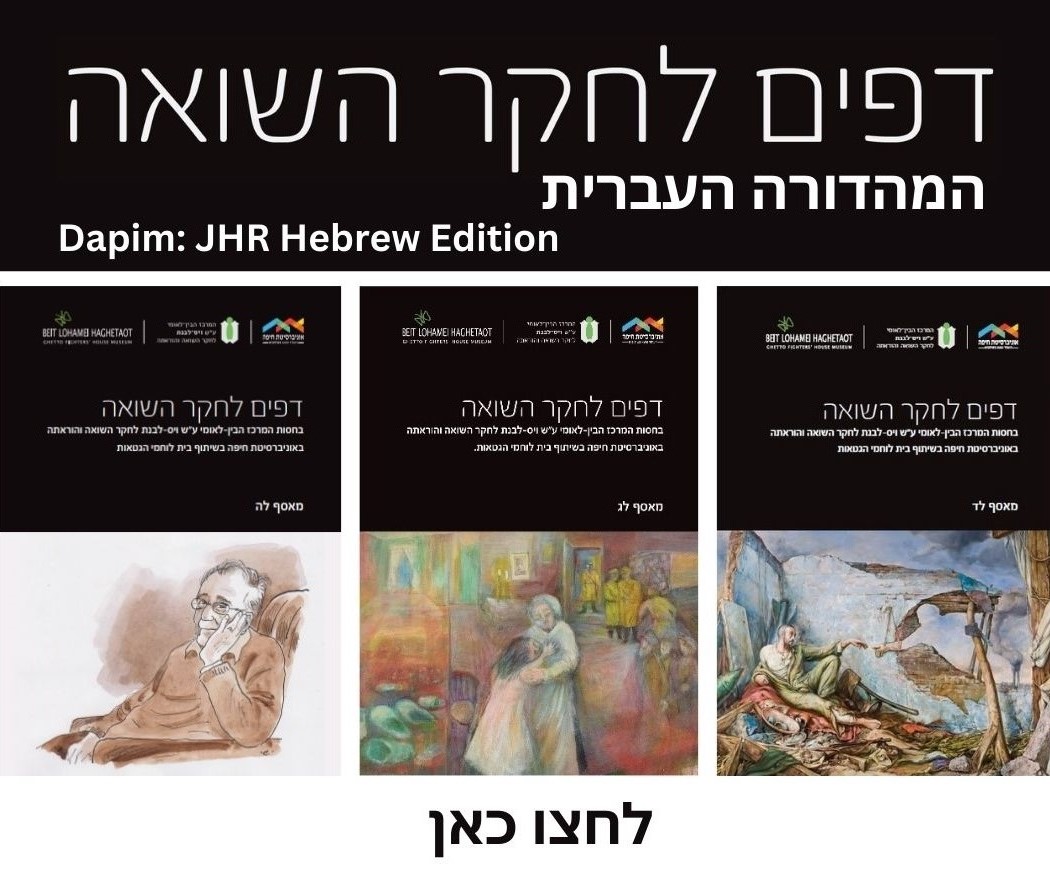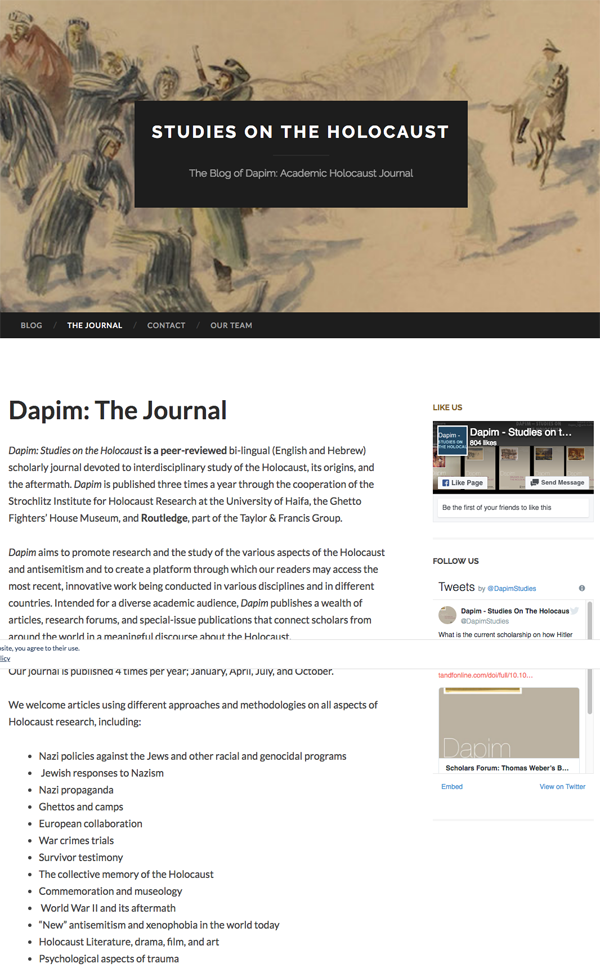On the one hand, post-World War II Polish historiography has produced a great number of studies on the resistance against the Nazi German invader. On the other hand, despite the enormous interest of society in the theme of collaboration, both during the occupation and in the immediate postwar years, this phenomenon of everyday life has not been truly explored. Rather, it has been instrumentalized for political purposes. This article looks at patterns of cooperation with the German occupier, first at the level of local administration in the countryside, without which the co-operatives that gathered (and coerced) the food resources in the General government could not have functioned. Secondly, it deals with the work of the central Polish welfare institution Rada Glowna Opiekuncza (RGO), headed by Count Adam Ronikier. A third and extreme form of collaboration was the part played by right-wing groupings and other elements of the ethnic Polish population in anti-Jewish propaganda and violence. Relying mostly on very recent findings by historians, in the aftermath of the Jedwabne controversy, the article sums up several instances in which the local non-Jewish population participated in the persecution of Jews from 1939 to 1942. it also gives some insight into the anti-Semitic background of these crimes and the perpetrators' motives. The number of victims in these anti-Jewish crimes, perpetrated - wholly or in part - by ethnic Poles, cannot as yet be ascertained. |













